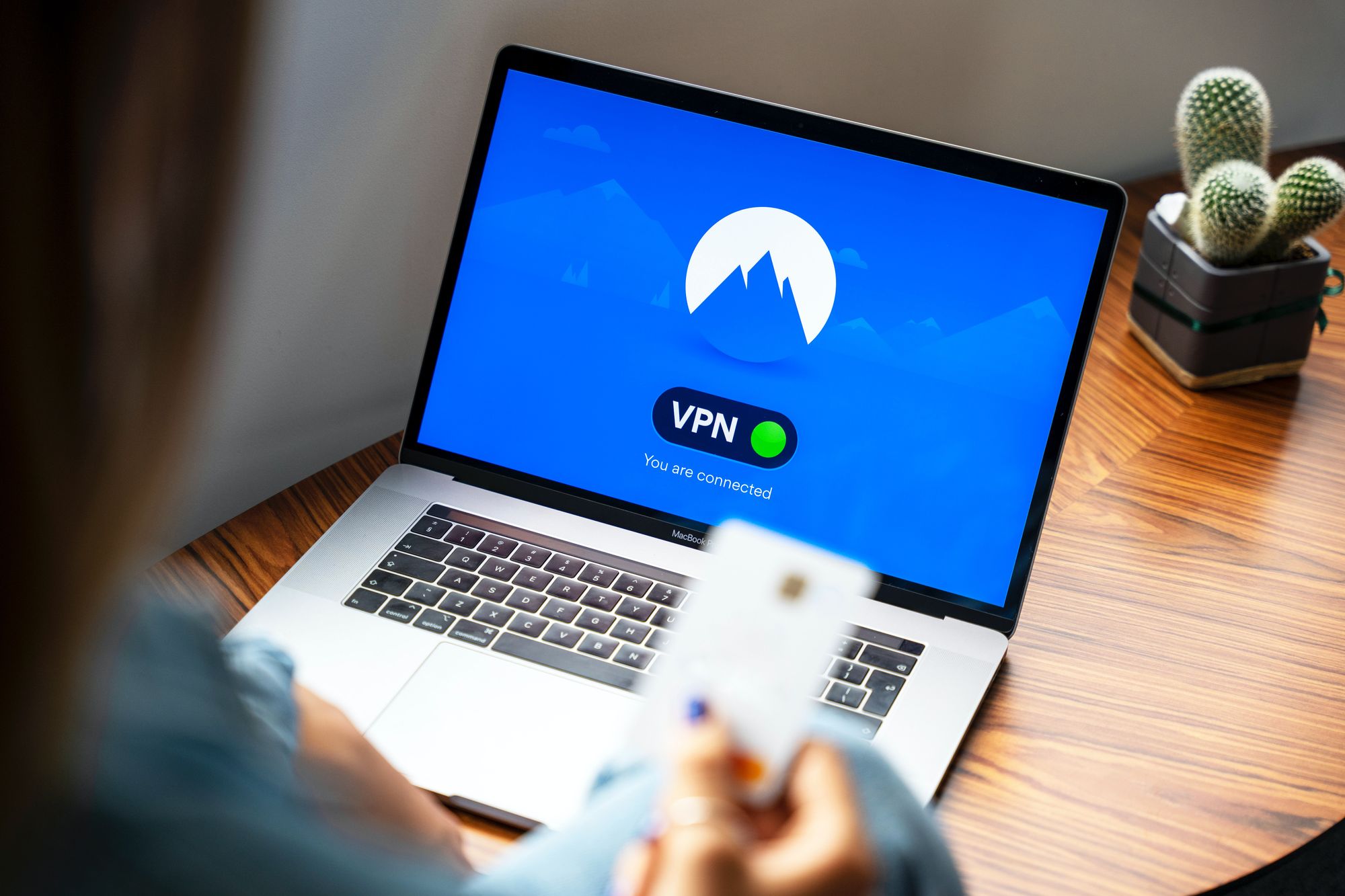Two-factor authentication (2FA) is becoming increasingly important for online security. With cyber threats on the rise and data breaches happening more frequently, it's crucial to take extra measures to protect personal information. A strong password is no longer enough to keep hackers at bay. 2FA adds an extra layer of security by requiring a second form of authentication, making it much harder for hackers to access sensitive information.
2FA works by requiring something the user knows (like a password) and something they have (like a phone or security key). This means that even if a hacker manages to obtain a user's password, they still won't be able to access the account without the second form of authentication. This makes it much more difficult for hackers to gain access to sensitive information, such as financial data or personal records.
Many online services now offer 2FA as an option, and it's highly recommended to enable it wherever possible. While it may take a little extra time to set up, the added security is well worth it. In this article, we'll explore the importance of 2FA and why it's essential for protecting personal information online.
What is Two-Factor Authentication?
Two-factor authentication (2FA) is an additional layer of security that helps protect your online accounts by requiring two forms of identification to access them. This method of authentication requires users to provide two out of three types of identification factors:
- Something you know (e.g. password, PIN)
- Something you have (e.g. smartphone, security token)
- Something you are (e.g. biometric data such as fingerprint or facial recognition)
By requiring two separate forms of identification, 2FA makes it much harder for hackers to gain access to your accounts, even if they manage to obtain your password. This is because they would also need access to your second factor, which is typically something physical that only you have access to.
There are several different types of 2FA methods available, including:
- Text message (SMS) verification codes
- Mobile authenticator apps (e.g. Google Authenticator, Microsoft Authenticator)
- Hardware security keys (e.g. YubiKey)
- Biometric authentication (e.g. fingerprint or facial recognition)
Each method has its own strengths and weaknesses, and it's important to choose the one that best fits your needs and preferences.
Why is Two-Factor Authentication Important?
Two-factor authentication (2FA) is an essential security measure that adds an extra layer of protection to online accounts. It requires users to provide two forms of identification to access their accounts, such as a password and a verification code sent to their phone or email. This section will discuss the importance of 2FA and its benefits in protecting personal information from unauthorized access, phishing and social engineering attacks, and complying with regulations.
Prevents Unauthorized Access
One of the primary benefits of 2FA is that it prevents unauthorized access to online accounts. With a strong password alone, it is still possible for hackers to gain access to accounts through brute force attacks or by stealing login credentials through phishing scams. However, with 2FA, even if hackers manage to obtain a user's password, they will still need the second form of identification to access the account. This extra layer of security significantly reduces the risk of unauthorized access to personal information and sensitive data.
Protects Against Phishing and Social Engineering
Phishing and social engineering attacks are some of the most common methods used by cybercriminals to gain access to sensitive information. These attacks involve tricking users into providing their login credentials or personal information through fake emails, websites, or phone calls. 2FA protects against these attacks by requiring a second form of identification, which cannot be obtained through phishing or social engineering tactics. This makes it much harder for cybercriminals to gain access to personal information, even if they manage to trick users into revealing their passwords.
Adds an Extra Layer of Security
2FA adds an extra layer of security to online accounts, making it much harder for cybercriminals to gain access to personal information. It is an effective security measure that is recommended for all types of online accounts, including email, social media, and financial accounts. By requiring a second form of identification, 2FA significantly reduces the risk of unauthorized access and protects against a wide range of cyber threats.
Compliance with Regulations
Many industries and organizations are required to comply with regulations that mandate the use of 2FA to protect personal information and sensitive data. For example, the Payment Card Industry Data Security Standard (PCI DSS) requires all merchants that accept credit card payments to use 2FA to protect against data breaches. Similarly, the Health Insurance Portability and Accountability Act (HIPAA) requires healthcare providers to use 2FA to protect patient information. Compliance with these regulations is essential for protecting personal information and avoiding costly data breaches.
Types of Two-Factor Authentication
Two-factor authentication (2FA) is an essential security measure that requires users to provide two forms of identification to access their accounts. There are several types of 2FA, each with its own unique advantages and disadvantages.
SMS Authentication
SMS authentication is one of the most common forms of 2FA. It involves sending a one-time code to the user's mobile phone via SMS. The user must then enter this code into the website or application to gain access to their account. SMS authentication is easy to use, but it is not the most secure form of 2FA. Hackers can intercept SMS messages, which can compromise the security of the user's account.
Software Tokens
Software tokens are a type of 2FA that involves using a software application to generate a one-time code. The user installs the software on their mobile device or computer and uses it to generate a unique code each time they log in. Software tokens are more secure than SMS authentication because they are not vulnerable to interception. However, they require the user to have access to their mobile device or computer to generate the code, which can be inconvenient.
Hardware Tokens
Hardware tokens are another type of 2FA that involves using a physical device to generate a one-time code. The user carries the device with them and uses it to generate a unique code each time they log in. Hardware tokens are one of the most secure forms of 2FA because they are not vulnerable to interception. However, they can be expensive and can be lost or stolen.
Biometric Authentication
Biometric authentication is a type of 2FA that involves using the user's unique physical characteristics to verify their identity. This can include fingerprint or facial recognition. Biometric authentication is very secure because it is difficult to fake or replicate. However, it requires specialized hardware and software, which can be expensive.
How to Set Up Two-Factor Authentication
Setting up two-factor authentication is a simple process that can help secure your online accounts. Below is a step-by-step guide for popular online services:
Step-by-Step Guide for Popular Online Services
- Go to your Google Account settings.
- Click on "Security."
- Under "Signing in to Google," click "2-Step Verification."
- Follow the on-screen instructions to set up 2-Step Verification.
Apple
- On your iPhone, go to "Settings" and tap on your name.
- Select "Password & Security."
- Tap "Turn On Two-Factor Authentication."
- Follow the on-screen instructions to set up Two-Factor Authentication.
Microsoft
- Go to the Microsoft Security Settings page.
- Click on "More security options."
- Under "Two-step verification," click "Set up two-step verification."
- Follow the on-screen instructions to set up Two-Step Verification.
- Go to your Facebook account settings.
- Click on "Security and Login."
- Under "Two-Factor Authentication," click "Edit."
- Follow the on-screen instructions to set up Two-Factor Authentication.
- Go to your Twitter account settings.
- Click on "Security and account access."
- Under "Security," click "Two-factor authentication."
- Follow the on-screen instructions to set up Two-Factor Authentication.
By following these simple steps, you can help secure your online accounts with two-factor authentication.
Conclusion
Two-factor authentication is a simple and effective way to protect your online accounts and personal information from hackers and cyberattacks. By requiring a second factor of authentication, such as a code or biometric scan, 2FA adds an extra layer of security to your login process.
As cybercrime continues to rise, it is more important than ever to take steps to protect your online security. Two-factor authentication is an easy and effective way to do so, and it is available for many popular online services and platforms.
While 2FA is not foolproof and there is no guarantee that your accounts will never be compromised, it is a powerful tool that can greatly reduce your risk of becoming a victim of cybercrime. By using 2FA, you can significantly increase the security of your online accounts and protect your personal information from unauthorized access.
Overall, the importance of two-factor authentication cannot be overstated. It is a simple and effective way to protect your online security, and it is a crucial step in the fight against cybercrime. By implementing 2FA on all of your online accounts, you can take control of your online security and protect your personal information from hackers and cybercriminals.









